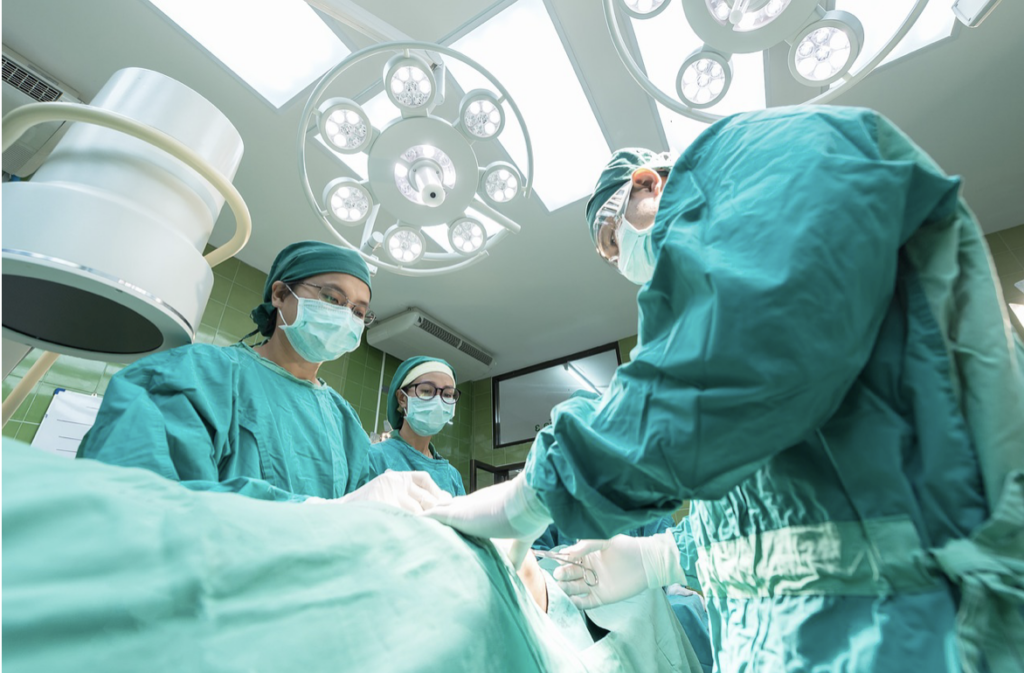NHS volunteers provide key support to hospitals and practices everywhere but, how do they influence medical negligence?…
The NHS has been an invaluable asset in enhancing the quality of life for many individuals in the UK. Their services, ranging from critical surgeries to caring for vulnerable individuals, are commendable. Despite this, many people still claim for medical negligence, causing lifelong effects.
Many individuals offer their assistance to the NHS in an attempt to manage an incredibly challenging workload. However, could their efforts potentially harm the perception of medical care negligence?
What Do NHS Volunteers Help With?
NHS volunteers are a powerful force which helps to ensure that the NHS can continue to run smoothly and deliver support to those who need it most. They step in to fulfil a lot of tasks throughout the NHS system which are important but also time-consuming. The logic, in most cases, is that skilled staff – like qualified specialists, doctors and surgeons – need to be able to focus most on challenging and complex cases.
NHS volunteers help out with a lot of logistical needs as well. Here are just a few examples of what they do:
- Patient and therapy support – helping people recover physically and mentally from injuries.
- Maintenance – helping to keep hospitals and surgeries clean and tidy.
- Transport – Getting vulnerable people or those without transport to and from the hospital for treatments.
- Care work and support – helping patients on wards during recovery, working with long-term stays, and supporting people in their homes where applicable.
What Are Common Forms of Medical Negligence?
Medical negligence can range from small issues to life-changing injuries or harm caused by a doctor or medical practice. A misdiagnosis or accident can have greater ramifications than anyone might expect.
Here are some of the most common forms of medical negligence:
- A patient being given the wrong form of medication which causes them harm.
- An accident during surgery which causes lasting harm to a patient.
- A misdiagnosis which results in the wrong treatment being dispensed.
Volunteers can be involved in medical negligence and may present a compelling claim. They may be tasked with providing assistance to a person via personal care or helping them with medication. If they do this wrong, then there could be harm done to that person which will change their lives.

The Pros and Cons of Volunteers in the NHS
Having volunteers in the NHS can be both a good and bad thing. Volunteers have the power to assist with a lot of normal, everyday tasks, but they can also be responsible for medical negligence. Let’s look at the pros and cons of volunteers in the NHS:
Pros
- They help to take a lot of the pressure away from the NHS staff and give them more freedom to focus on other things.
- Wards and patients may receive a more involved amount of care because there are staff to spare.
- Volunteers may be able to spot a problem before it turns into a serious issue.
Cons
- Volunteers don’t know as much about medicine as a nurse or surgeon.
- They may accidentally move someone in the wrong way or administer the wrong medication, causing harm.
- They may not be able to spot a problem due to a lack of training.
What Measures Can Be Put into Place to Help Prevent Medical Negligence?
To protect people from the risk of medical negligence at the hands of NHS volunteers, we need preventative measures in place. This isn’t too difficult to sort out and mostly boils down to training. Here are a few examples of preventative measures:
- Providing regular recap and retraining sessions for NHS volunteers around safe handling and medication dispensation.
- Restricting what duties a volunteer can do without rigorous training – removing them from public interaction until training is complete.
- Any interactions with patients on hospital grounds are monitored by a nurse or doctor.
- Implementing an official qualification for any volunteers who visit people in their homes to ensure training and quality standards have been met.
Preventing Medical Negligence
Preventing medical negligence at the hands of NHS volunteers is key. They can put more people at risk without proper training, but this is easily remedied. There should be an intensive training scheme for volunteers who want to work with patients.
With all this being said, it is important to recognise the benefits that the NHS volunteers bring. Many hospitals and practices would struggle even more if they didn’t have access to volunteer support. Their contributions are noted and gratefully received by many.

Medical Disclaimer
The information contained within this article is meant to inform and provoke contemplation only. It is not meant to be a substitution for legal advice following medical negligence. Please consult a professional when seeking to file a claim.
- Third Sectorhttps://thirdsector.com.au/author/tsm/
- Third Sectorhttps://thirdsector.com.au/author/tsm/
- Third Sectorhttps://thirdsector.com.au/author/tsm/
- Third Sectorhttps://thirdsector.com.au/author/tsm/











